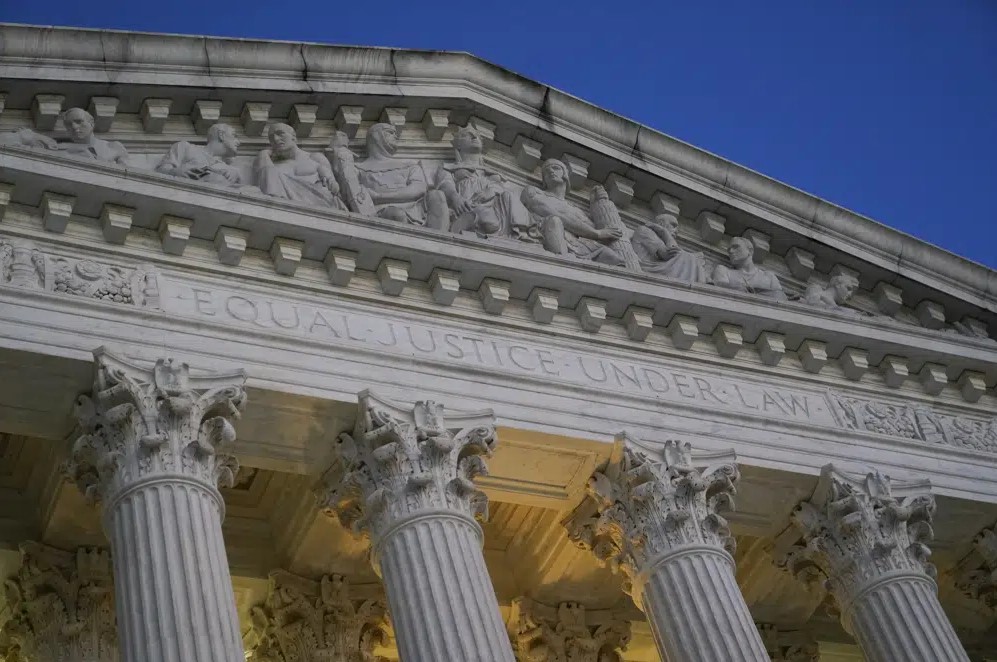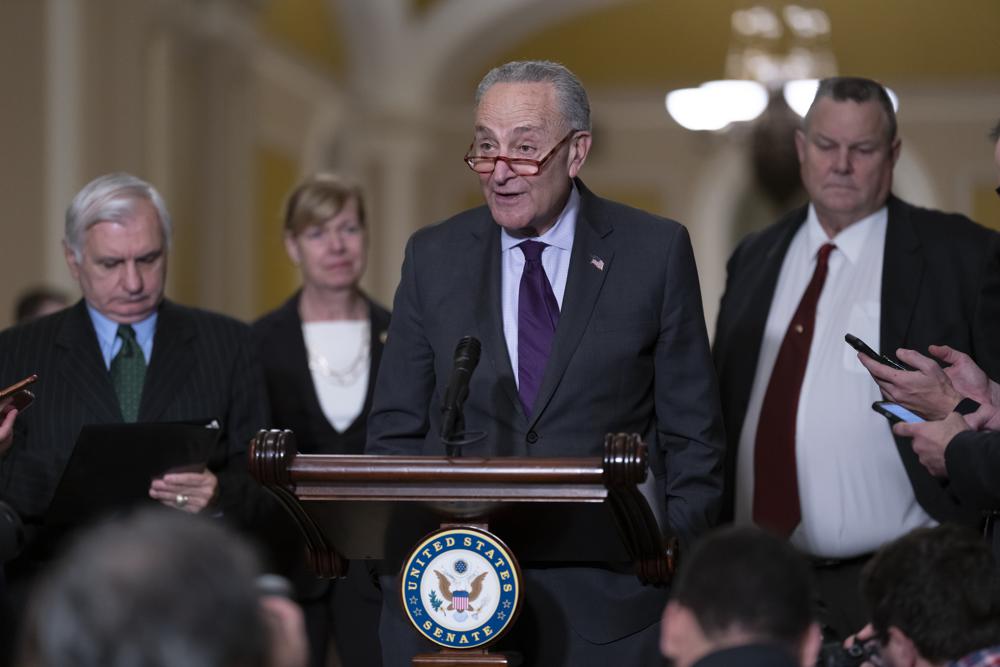Registers of deeds across North Carolina began accepting marriage applications from gay couples on Monday, following an historic court ruling that struck down the state’s ban on same-sex marriage.
That ruling, on Friday, came from an unexpected source. Most observers were watching North Carolina’s Middle District, where Judge William Osteen appeared poised to act – but it was Judge Max Cogburn who actually issued the ruling, in the Western District Court in Asheville.
Judge Cogburn’s ruling – following an earlier decision (Bostic v. Schaefer) by the Fourth U.S. Circuit Court of Appeals, which has jurisdiction over North Carolina – held that the “fundamental right to marry” extended to gay couples as well as straight couples, and thus that a ban on same-sex marriage violated the Equal Protection Clause in the U.S. Constitution’s Fourteenth Amendment.
But while Judge Cogburn based his ruling on equal protection, the case in question initially revolved around a First Amendment question of religious freedom: it was brought by clergy members who objected to the state’s telling them whose unions they could and could not sanctify.
Chapel Hill Mayor Mark Kleinschmidt – also a constitutional attorney – was one of the attorneys who worked on that case that ultimately led to Judge Cogburn’s historic ruling. He spoke with WCHL’s Aaron Keck on Monday.





Comments on Chapelboro are moderated according to our Community Guidelines